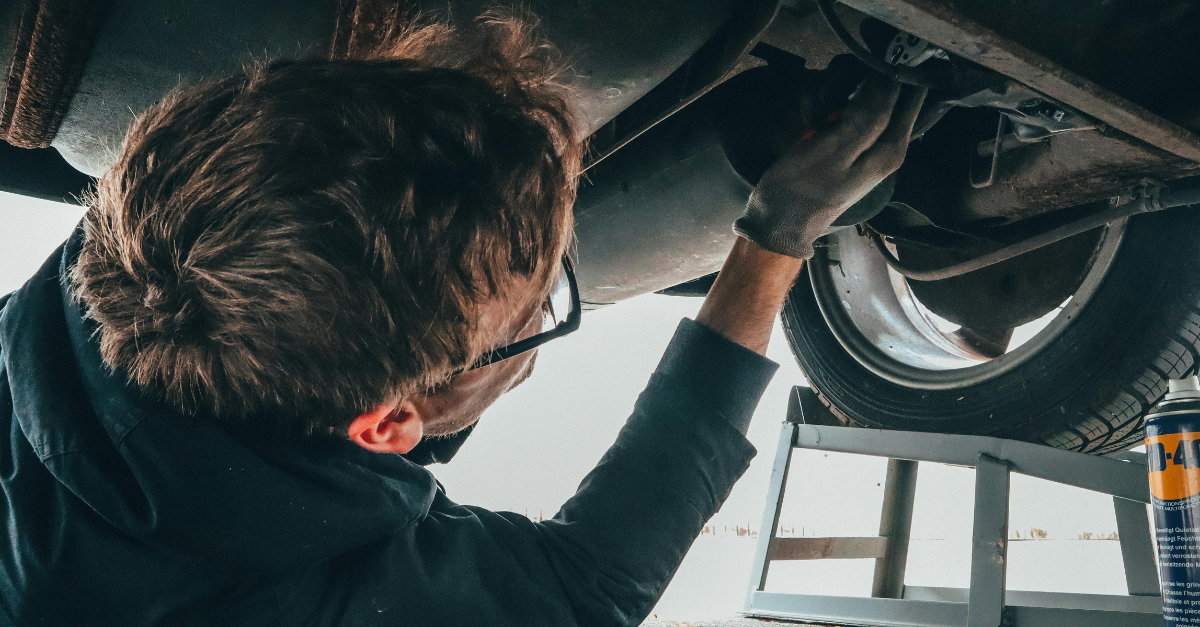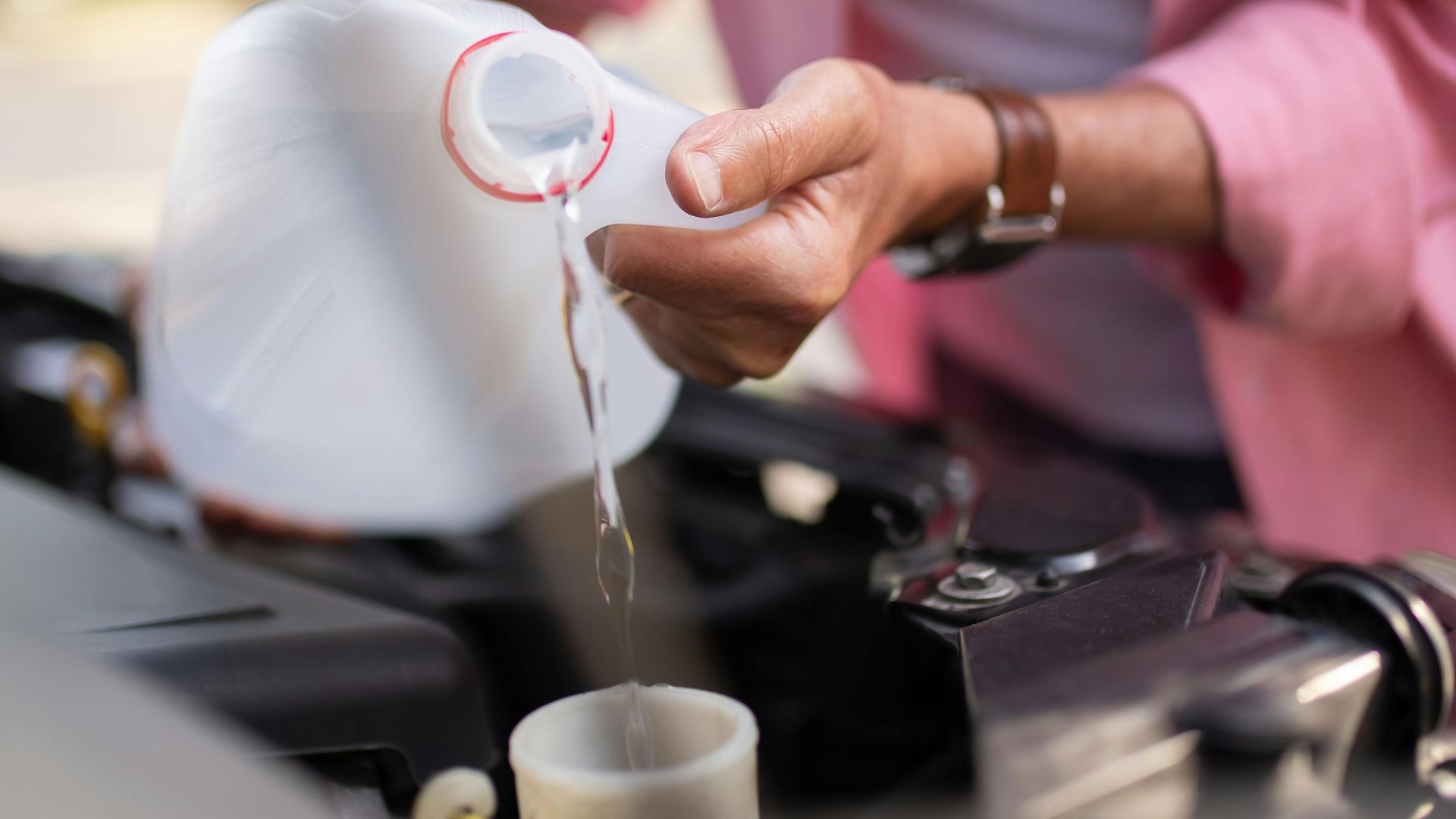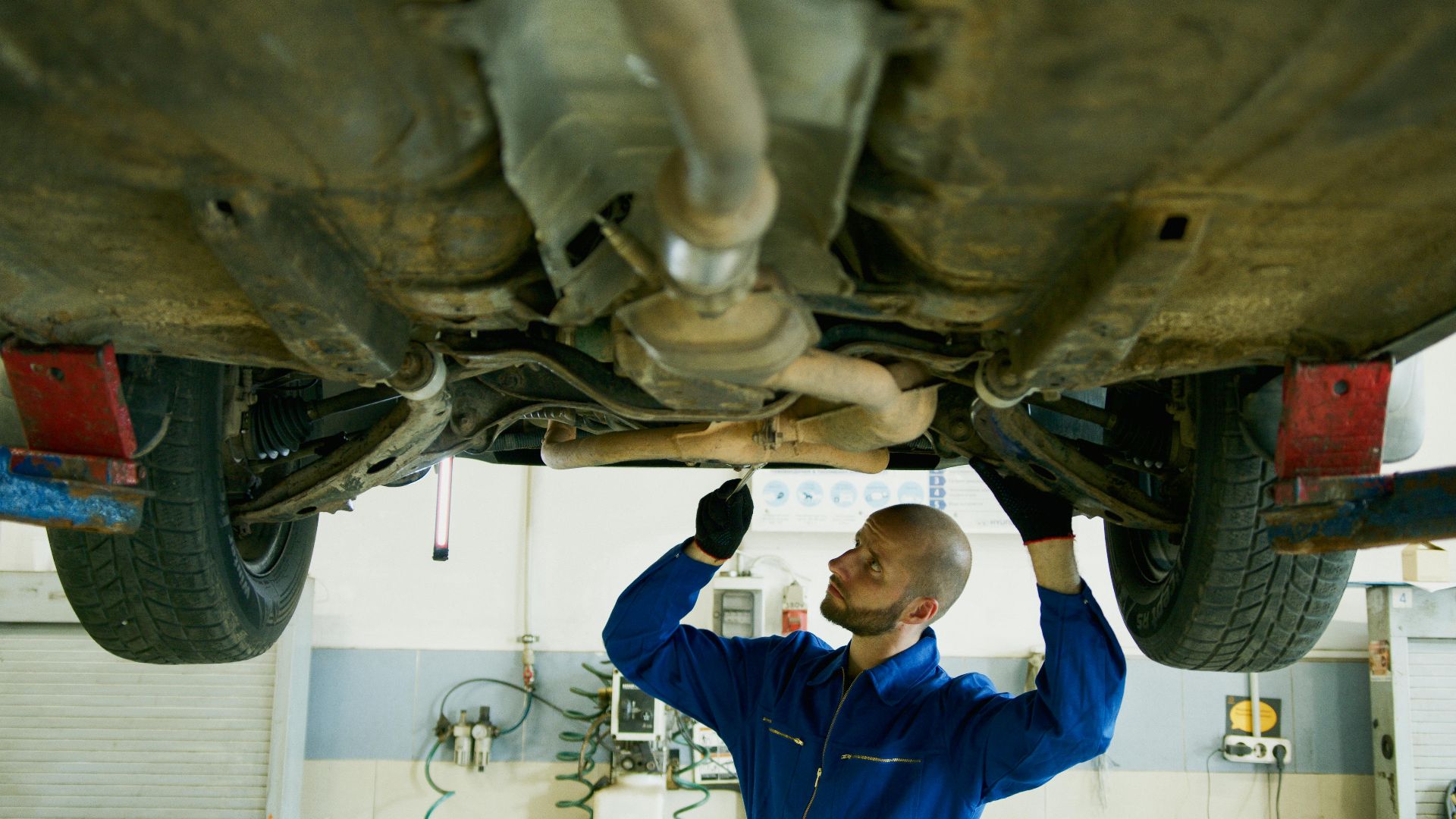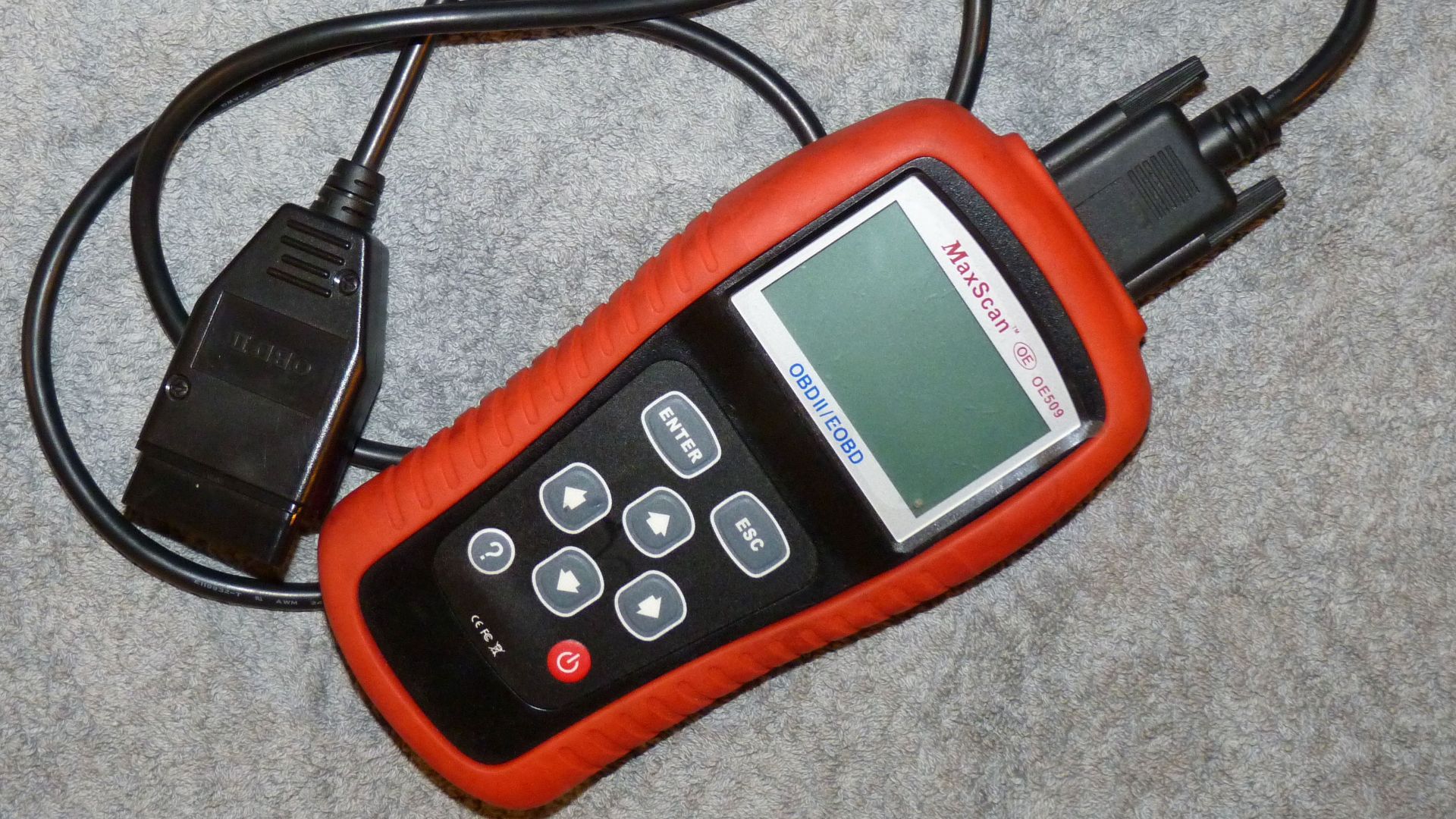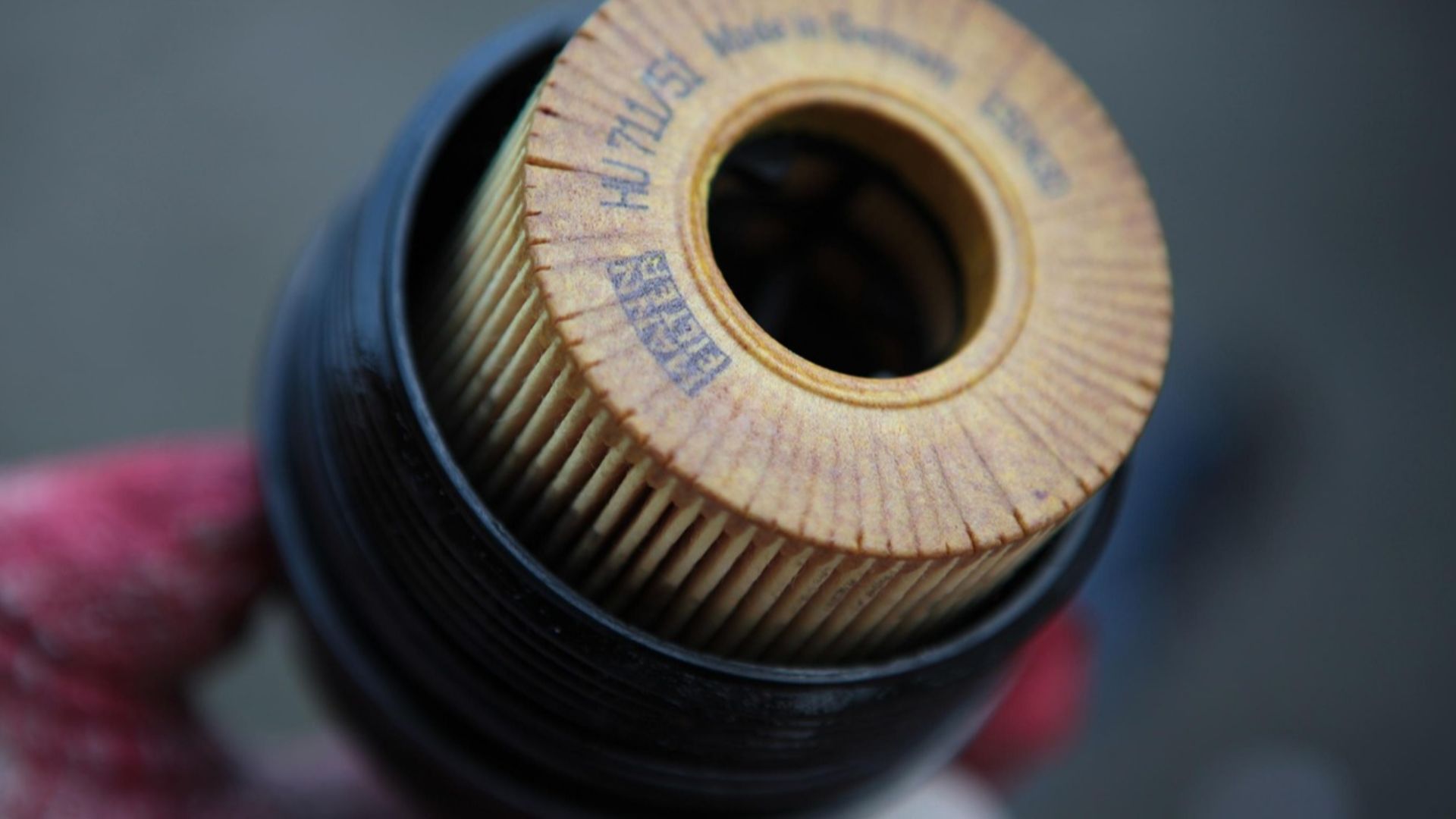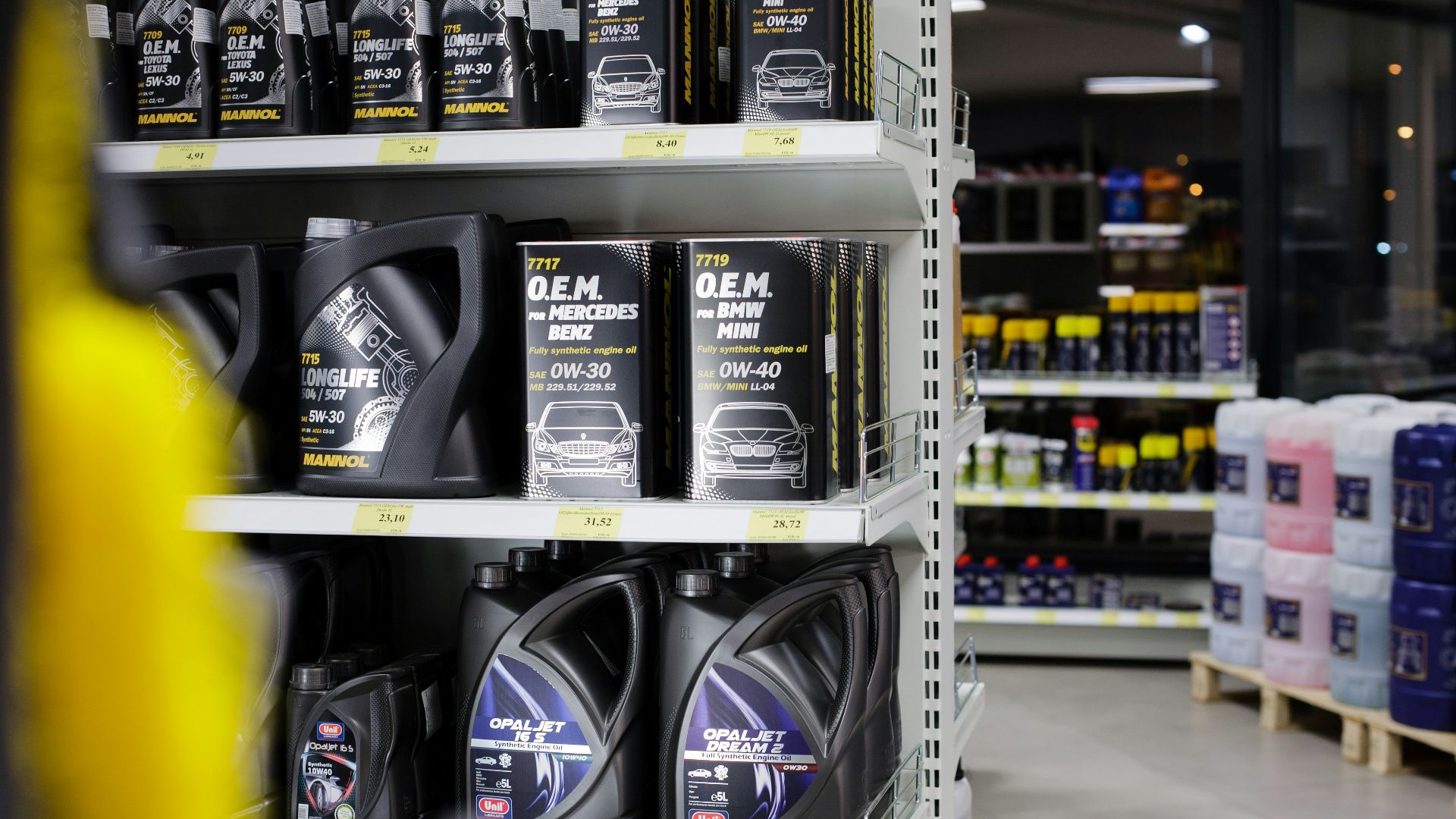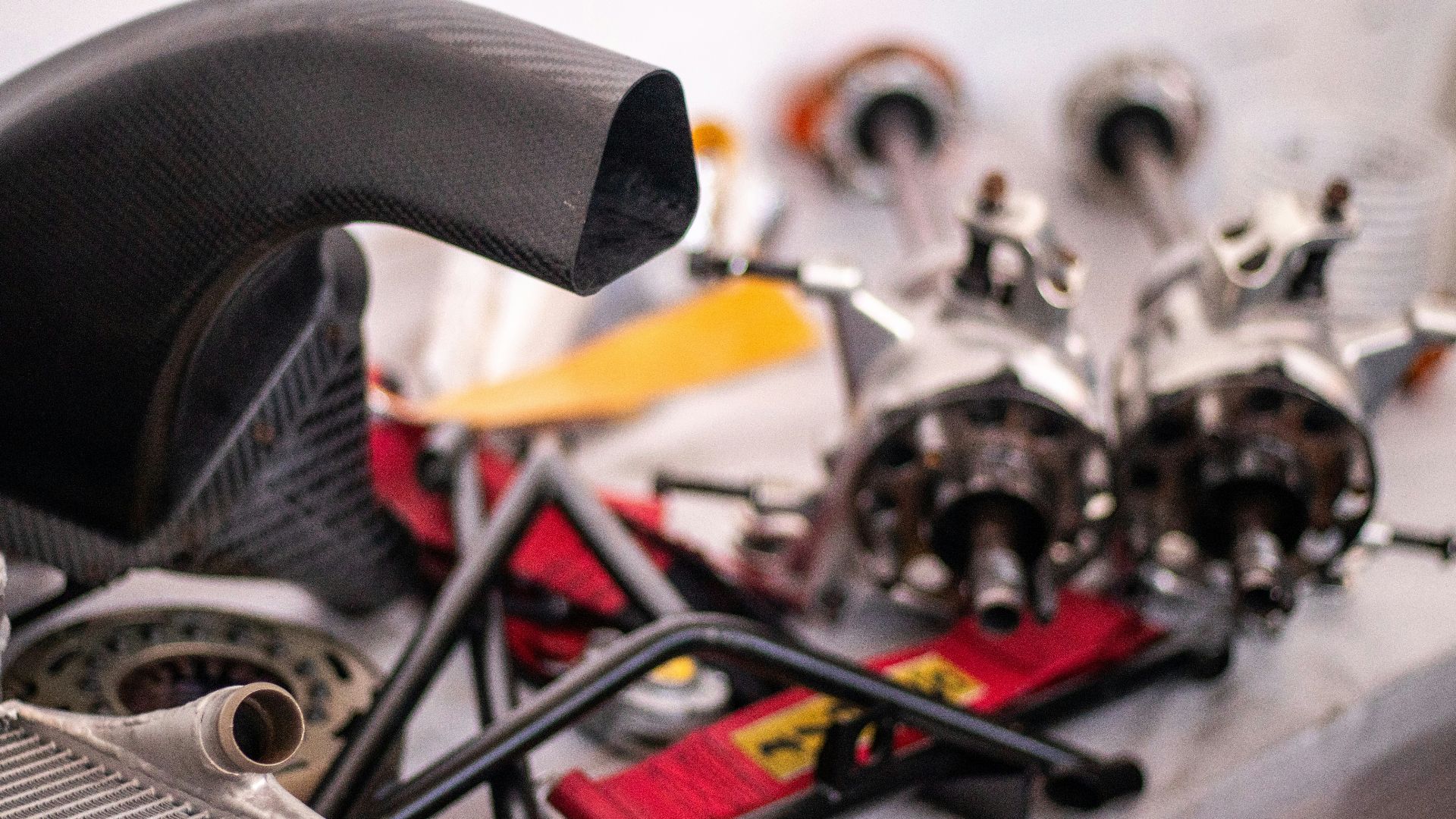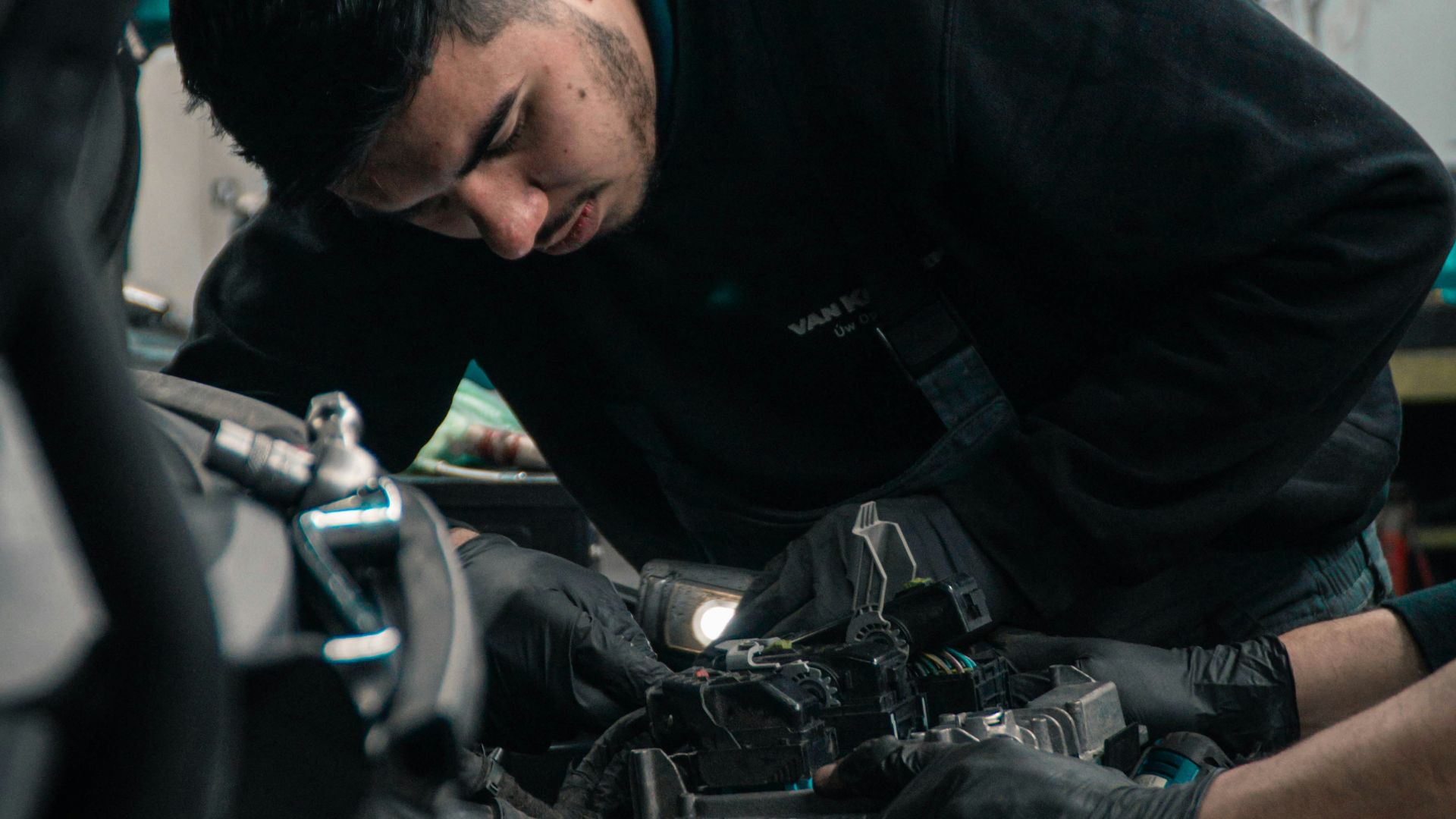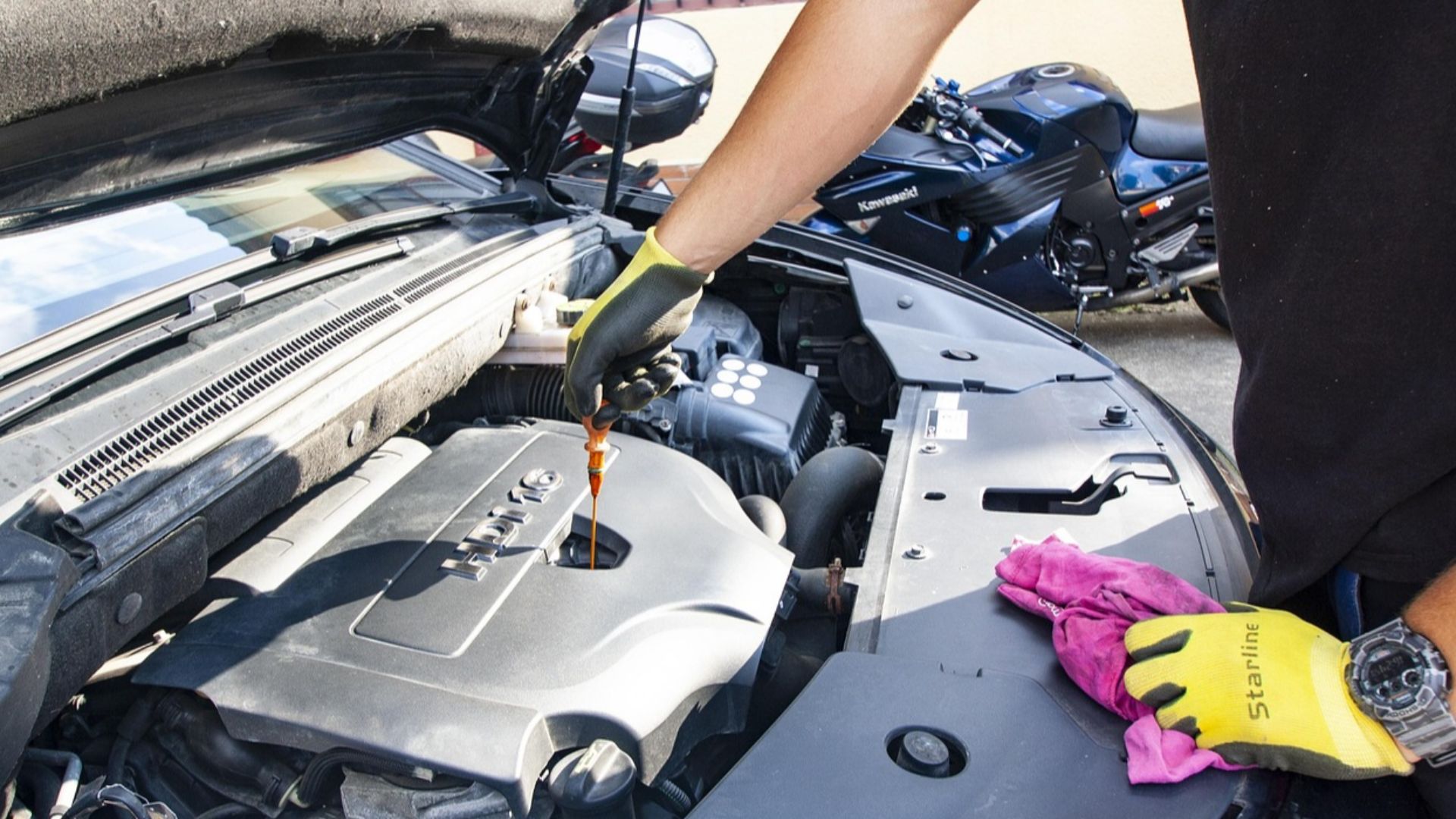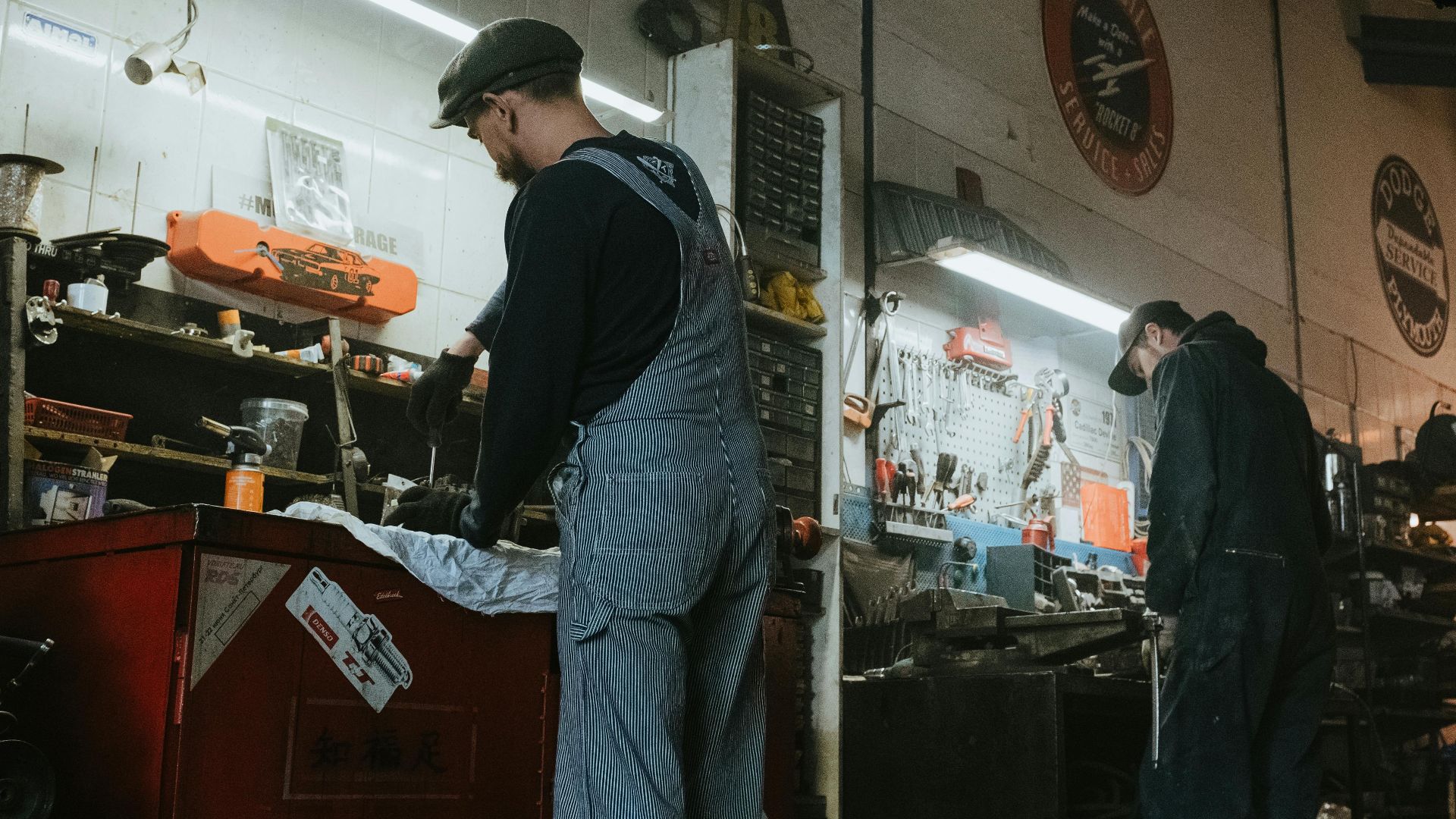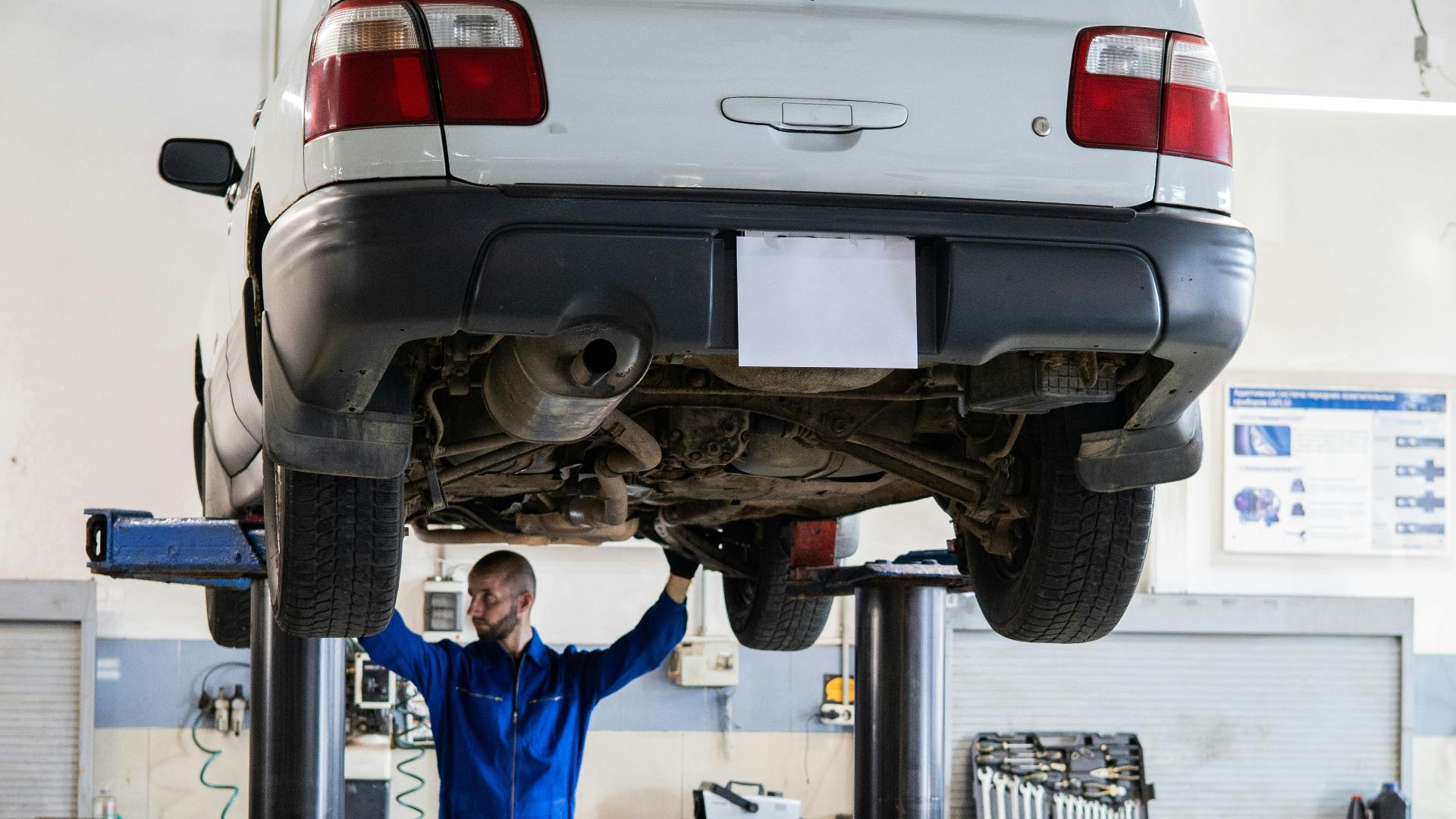Winning At The Repair Shop
Ah, the auto repair shop. A place where the dreaded check-engine light flicks on, price estimates soar, and suddenly you’re convinced your old sedan is about to explode. Some repair shops are honest; others…well, let’s just say creativity with your wallet is part of the job description.
In this slideshow, we’ll expose 10 of the most common repair rip-offs—doing what mechanics might hope you don’t: reading the fine print, asking questions, and keeping your guard up.

Emergency Fluid Flush Frenzy
This is the classic “your fluids are toast” routine. A mechanic says your coolant, transmission fluid, or power steering fluid is “contaminated” and needs a flush immediately. They’ll talk about sludge and catastrophic damage if you wait. In reality, many fluids are built to last tens of thousands of miles, but the upsell comes early because it’s profitable.
Emergency Fluid Flush Frenzy—How To Avoid It
Don’t let panic guide your decision. Pull out your owner’s manual and check the maintenance schedule. Ask for proof: test strip results, lab reports, or even a sample of your own fluid. If a shop pushes you hard, slow down and verify before opening your wallet.
The Mystery Check Engine Light Drama
You’ve seen that little engine icon glowing ominously. Some mechanics exploit that fear: they throw around scary diagnoses like failing catalytic converters or busted sensors, often with high-ticket quotes. Yet sometimes it’s something trivial—like a loose gas cap.
The Mystery Check Engine Light Drama—How To Avoid It
Buy or borrow a basic OBD-II scanner (they’re cheap), plug it in, and see what the codes actually say. Ask the shop to explain whether the issue is urgent or something that can wait. Never commit to major work until you’ve confirmed the real cause.
The Air Filter Switcheroo
This trick relies on visual shock. The shop shows you a filthy air filter and claims it came from your car, but it’s often just a demo filter pulled out of the drawer of doom. A slightly dirty filter is normal—it doesn’t always mean replacement is needed.
The Air Filter Switcheroo—How To Avoid It
Check the filter yourself: open the housing and hold it up to the light. If light still passes through, it’s fine. Photograph it before your appointment so no one can pull the old switcheroo.
Synthetic Oil Strong-Arm
“You need synthetic oil or your engine’s a goner”. That’s the pitch. But unless your manual specifically requires it, many vehicles are perfectly fine on conventional oil. The push here is about higher margins, not necessarily engine health.
Synthetic Oil Strong-Arm—How To Avoid It
Check your owner’s manual or oil cap to see what’s actually recommended. Ask why they’re suggesting synthetic and whether it suits your driving style. If it’s just a generic upsell, politely decline.
The Brake Pad Fear Factor
Mechanics sometimes insist your brake pads are “dangerously thin” when there’s still plenty of life left. They may even exaggerate measurements, recommending replacement far earlier than needed.
The Brake Pad Fear Factor—How To Avoid It
Ask to see the exact measurements using a gauge. Most cars have wear indicators that squeal when it’s really time. If the numbers don’t add up, get a second opinion before shelling out hundreds.
The Factory Parts Only Story
You may be told only OEM (factory) parts will keep your warranty intact, and that aftermarket parts are “junk”. This isn’t always true—many aftermarket parts meet or exceed standards. The “factory only” mantra often exists to pad the bill.
The Factory Parts Only Story—How To Avoid It
Read your warranty terms carefully. Ask for part numbers and check them yourself. If aftermarket parts meet the same standards, don’t be scared into paying more for no reason.
Overcharging for Simple Fixes
Some shops love charging an hour of labor for a 5-minute job. Replacing a cabin air filter, popping in new wiper blades, or swapping a headlight bulb shouldn’t cost you your grocery budget.
Overcharging for Simple Fixes—How To Avoid It
Look up how hard the task is for your car model—YouTube is your friend. Ask for a labor estimate in writing before saying yes. If the price feels bloated, do it yourself or shop around.
Phantom Repairs
This is the most brazen move: charging you for work that never happened. Maybe they bill for a part they didn’t replace, or for labor they never performed. It’s invisible theft disguised as car care.
Phantom Repairs—How To Avoid It
Ask to see old parts removed from your car. Take photos before and after. Always demand itemized invoices and pay with a card so you have dispute protection if something looks fishy.
Warranty Void Myths
Independent shops or aftermarket parts allegedly “void your warranty”—that’s the scare tactic. In reality, laws like the Magnuson-Moss Warranty Act protect you. Unless poor work actually causes the damage, your coverage stands.
Warranty Void Myths—How To Avoid It
Know your rights. Keep all service records and receipts. If a dealership claims your warranty is void just because you used another shop, push back with the law on your side.
Inflated Labor Hours
Ever feel like your car was fixed in record time, but the bill suggests otherwise? That’s because shops often use “book time” estimates—charging for two hours even if the job took one. It adds up quickly.
Inflated Labor Hours—How To Avoid It
Ask exactly how many labor hours a job should take and what rate is being charged. Compare to online repair guides or get quotes from other shops. Transparency is key.
Routine Check Turns Into Surprise Problems
You come in for an oil change and leave with a laundry list of “urgent” issues. Some of these may be real—but others are exaggerated or speculative. Shops know you’re vulnerable once your car is already on the lift.
Routine Check Turns Into Surprise Problems—How To Avoid It
Don’t authorize extra work without visual proof. Ask whether the issue is critical or something that can wait. Often, scheduling a second opinion saves you hundreds.
The No-Estimate Shuffle
Some places conveniently “forget” to give you a written estimate. Without it, they can tack on mystery charges, and you’ve got little recourse.
The No-Estimate Shuffle—How To Avoid It
Never green-light work without a written, itemized estimate. It should include labor hours, hourly rates, and part prices. If a shop balks, that’s your cue to walk.
Final Thoughts
Car ownership shouldn’t feel like a never-ending series of financial jump scares. By knowing the common tricks and arming yourself with questions, you can keep both your vehicle and your wallet in good shape. Remember: knowledge is leverage. The more you know, the harder it is for anyone to take you for a ride.
You May Also Like:
Three Great Cars For College Students

